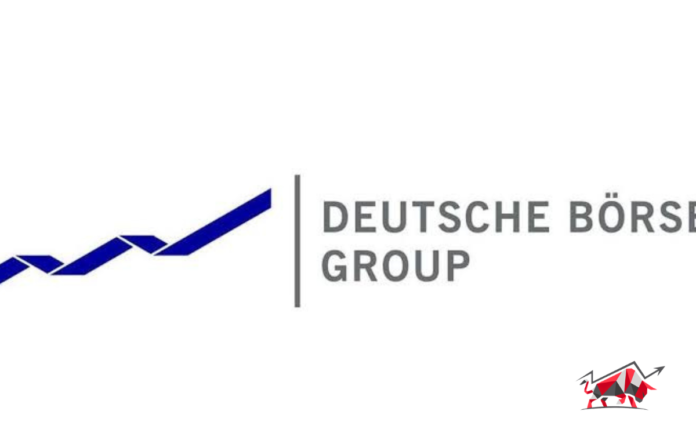Deutsche Borse’s subsidiary, Crypto Finance, has received regulatory clearance from the German Federal Financial Supervisory Authority (BaFin) to kick start its crypto trading activities. This move signifies a significant step forward for the leading German bank in its crypto endeavors.
In tandem with Crypto Finance’s regulatory milestones, Deutsche Borse is preparing to launch its digital exchange, DBDX, targeting institutional investors. With the approval of Crypto Finance, Deutsche Borse aims to strengthen its foothold in the crypto market, particularly among institutional players.
Multi-License Acquisition by Crypto Finance
The recent development reveals that Crypto Finance has secured four key licenses from BaFin, enabling it to offer crypto trading, settlement, and custody services to institutional investors within Germany. This regulatory clarity opens up new avenues for Crypto Finance to cater to the growing demand for crypto-related services among institutional clients.
In addition to its regulatory success in Germany, Crypto Finance has also obtained regulatory approval in Switzerland, further enhancing its credibility and expanding its market reach across Europe.
Positive Projections for the German Crypto Industry
Statistics from Statista paint a promising picture for the German crypto industry, with projected annual revenues expected to soar to approximately $2.5 billion by 2028. This optimistic outlook underscores the growing acceptance and adoption of cryptocurrencies within the German financial landscape.
In parallel news, Frankfurt-based Commerzbank AG has received the green light from BaFin to operate a crypto custody business, signaling the mainstream banking sector’s increasing interest in crypto-related services. However, BaFin has clarified that banks like Commerzbank must obtain expanded licenses to offer a full range of digital asset services.
Crackdown on Illicit Crypto Activities
Despite the positive strides in regulatory clarity, German authorities remain vigilant in their crackdown on illicit crypto activities. Recent reports indicate that authorities have seized 50,000 Bitcoins, allegedly acquired through copyright law violations and money laundering, underscoring the ongoing challenges associated with illicit crypto transactions within the nation.


